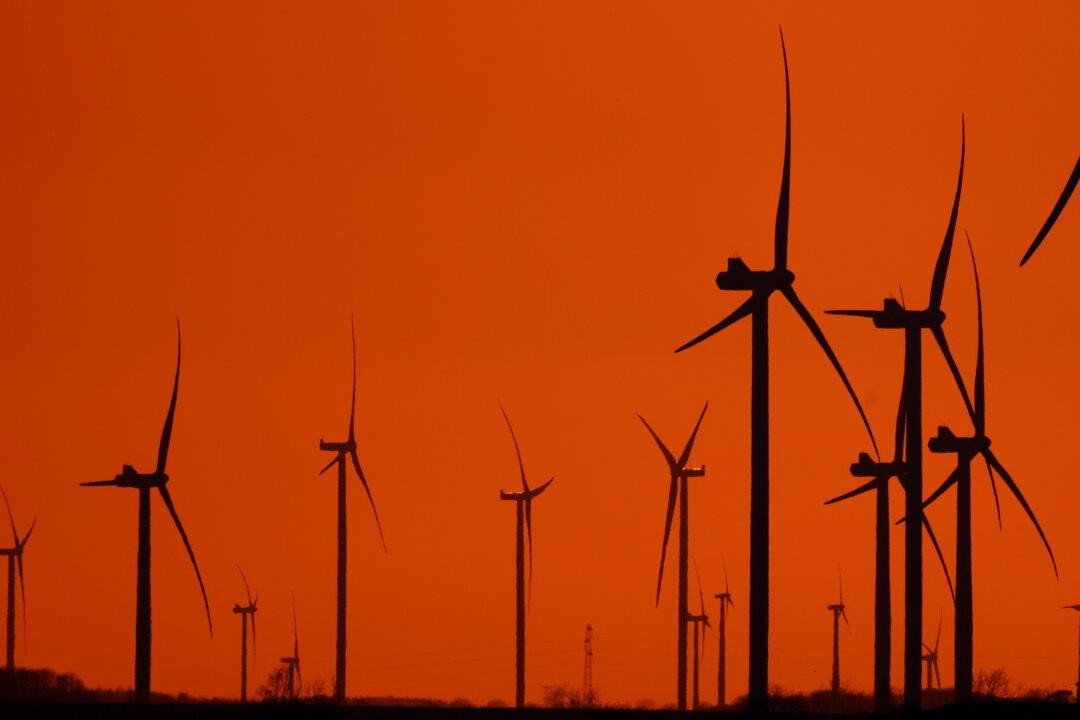LONDON—The European Union must increase the amount of renewable energy it uses and cut energy consumption by 2030 under proposals the bloc’s executive Commission published on Wednesday to help meet a more ambitious goal for reducing greenhouse gas emissions.
As part of a package of climate policies, the Commission proposed an overhaul of EU renewable energy rules, which decide how quickly the bloc must increase the use of sources such as wind, solar, and biomass energy produced from burning wood pellets or chips.





